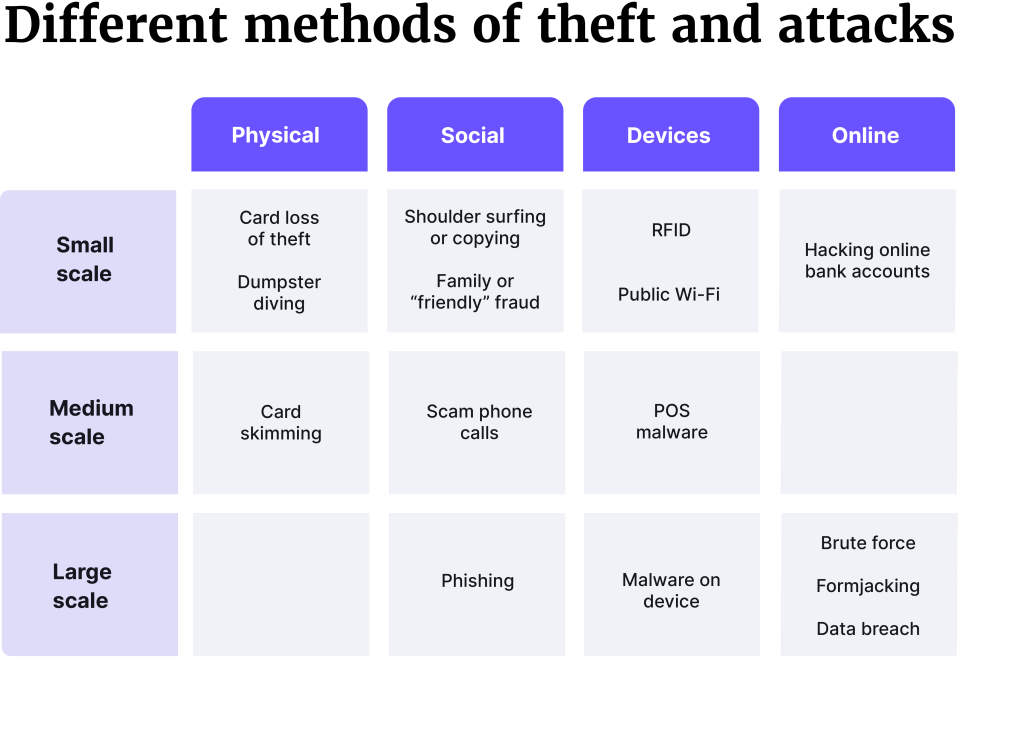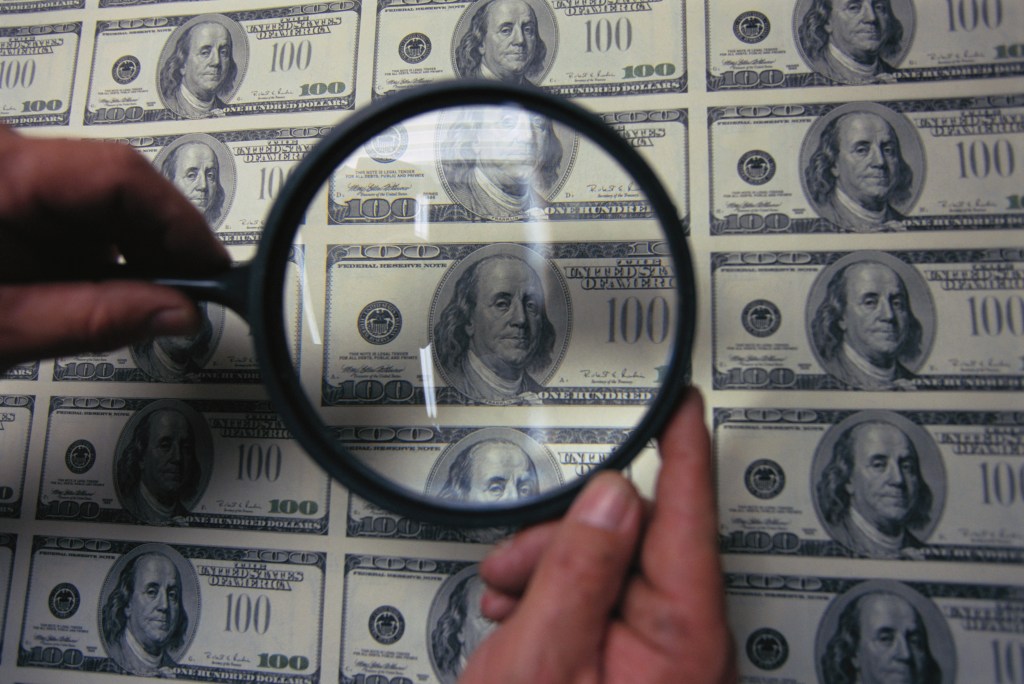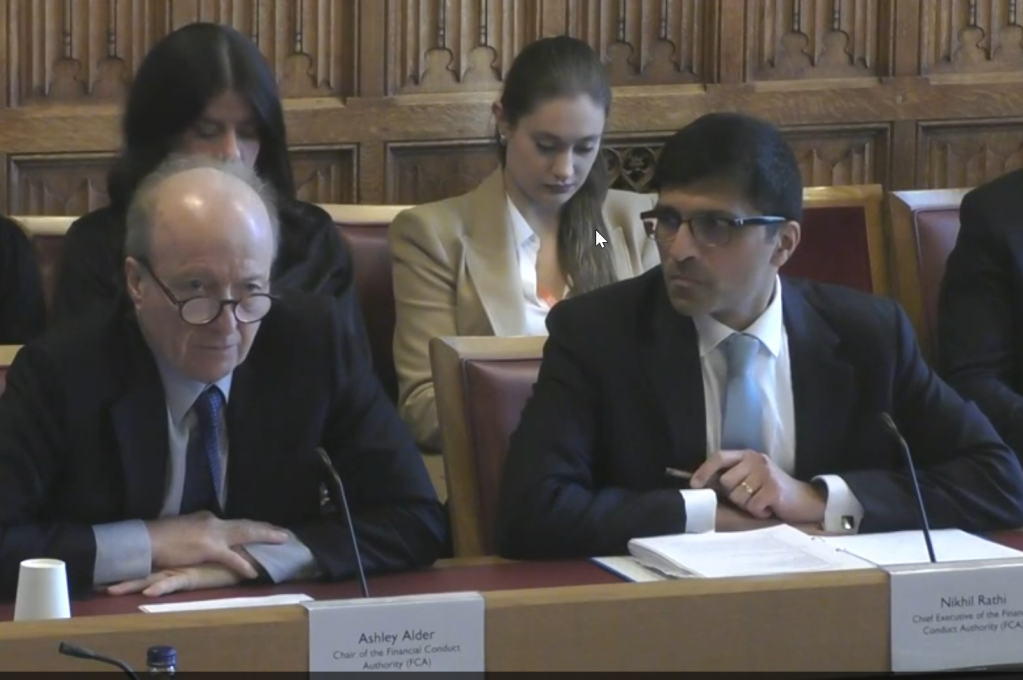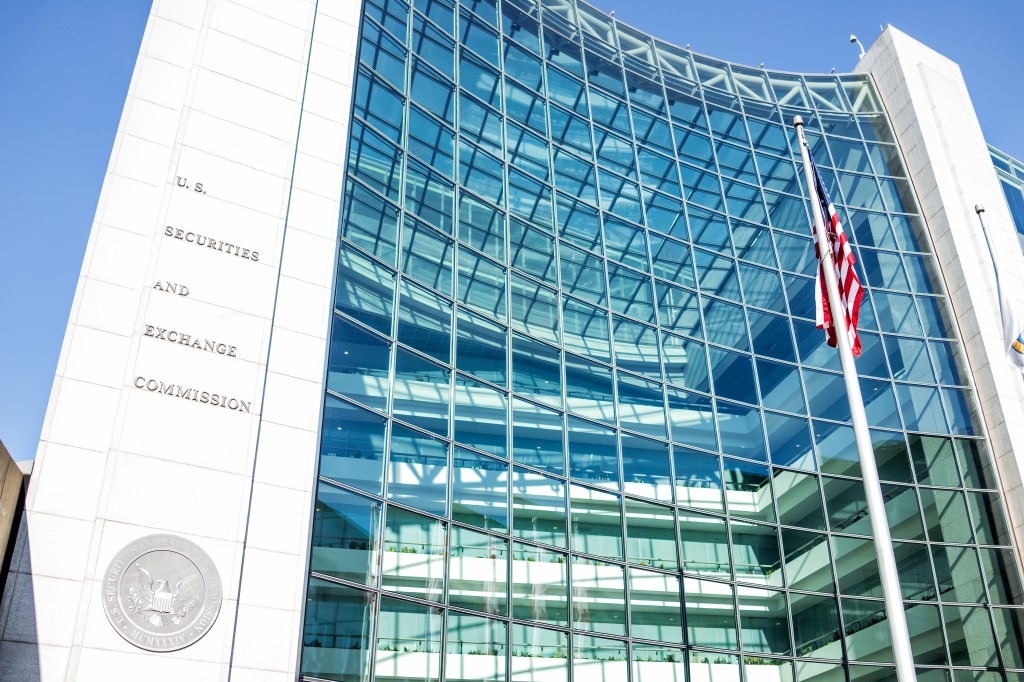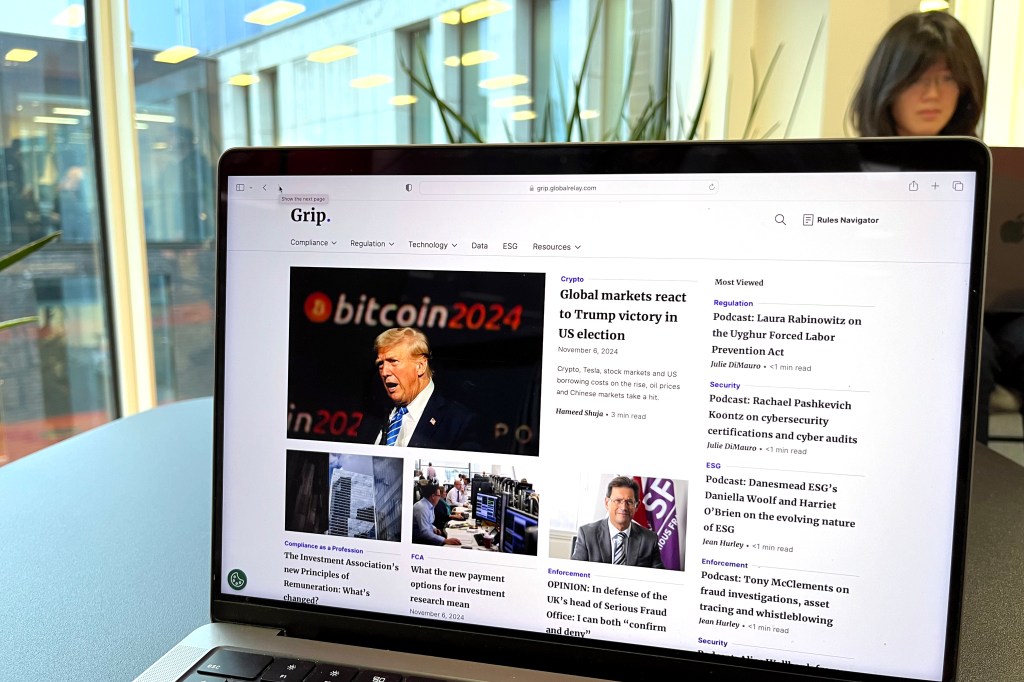Card theft poses significant risk of identity fraud, a new report from NordVPN shows. Besides card details, some bank cards hold other sensitive information which can have an even larger impact than ‘just’ a stolen bank card.
“A data breach or hack exposes not just your card details, but also your address and other personal information” says NordVPN. “When more information is leaked alongside card details, it becomes easier for hackers (and those they sell the data to) to cause more long-term harm to their victims.”
Of the six million cards NordVPN has examined, over half (3,461,444 cards – 58.1%) were stolen from the US. Almost two thirds (62.8%) of all cards held additional information. Besides banking credentials, the stolen cards included:
- addresses (51.5%);
- phone numbers (39.8%);
- email addresses (28.7%);
- date of birth (2.5%); and
- social Security number (1.8%).
In general, with the exception of China, countries that have more cards in their dataset also have a higher rate of cards with more personal information.
Malta high risk
Malta, Australia, and New Zealand topped the list of having the highest risks connected to their cards, with Slovenia in fourth place, and the US fifth.
Almost 90% of cards in India held additional data, which exposes Indian victims to wider issues of identity fraud, according to the report. Another trend picked out was that European countries and more economically developed countries have banking cards with additional information, which shows “a loose correlation between the perceived value of the victim and hacking attempts”.
Russia had the lowest risk score, and was the least likely to have their data on the dark web marketplaces. Second with lowest risk was Pakistan followed by China.
Dark web marketplaces
About 2.5 million cards could be found on dark web marketplaces, available at prices ranging from less than $2.5 to over $11 per card, with an estimated value of over $18.5m in total. Cards from Denmark held the highest average price at $11.54, followed by Japan ($11.07), Portugal ($11.07), and Ukraine ($11.02).
Bank cards from the US were valued at $7.01, and were sold for about $6.82 each.
“When more information is leaked alongside card details, it becomes easier for hackers (and those they sell the data to) to cause more long-term harm to their victims.”
NordVPN
The cheapest cards came from Argentina and New Zealand, costing less than $2.50 on average. “Considering the amount of damage that can be caused with stolen card data and bundled personal information, this is a shockingly small amount, suggesting that the use of stolen cards could itself be relatively scalable even by those who have obtained the details second-hand from the dark web,” said NordVPN.
Billions are lost to card theft every year. According to the 2020 Nilson Report, $28.65 billion was lost around the world, with over one third of the losses connected to US cards. The total amount is predicted to be $32.96 billion this year, and $38.5 billion in 2027.
